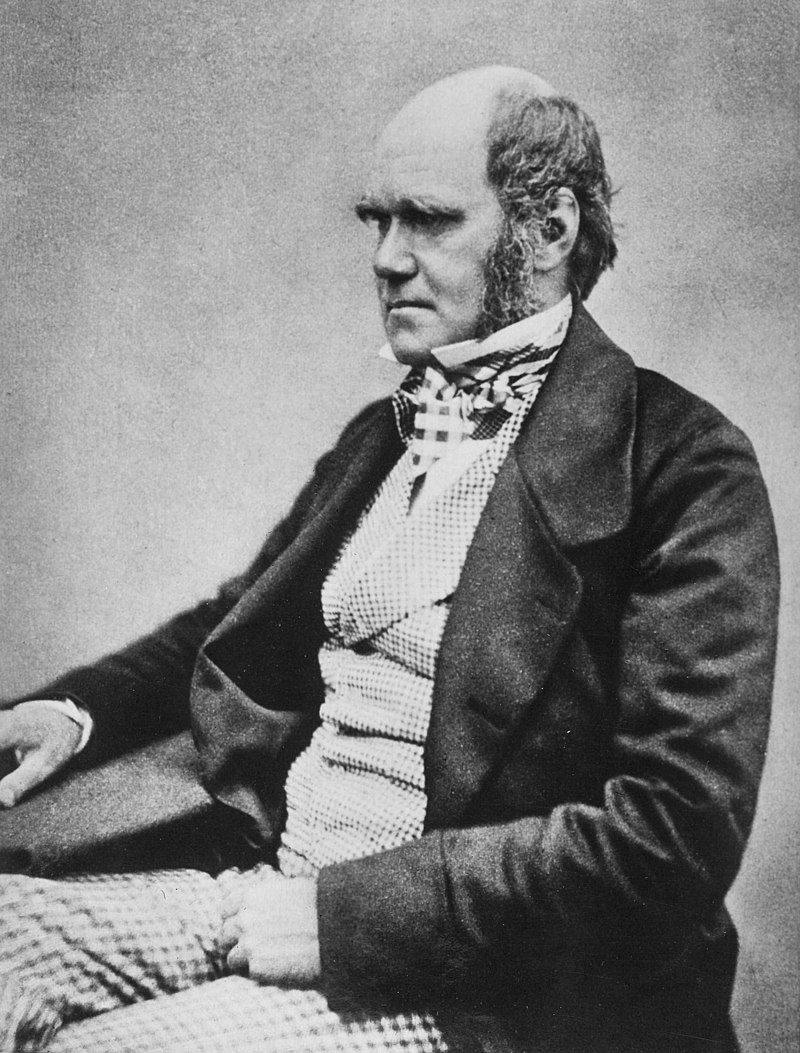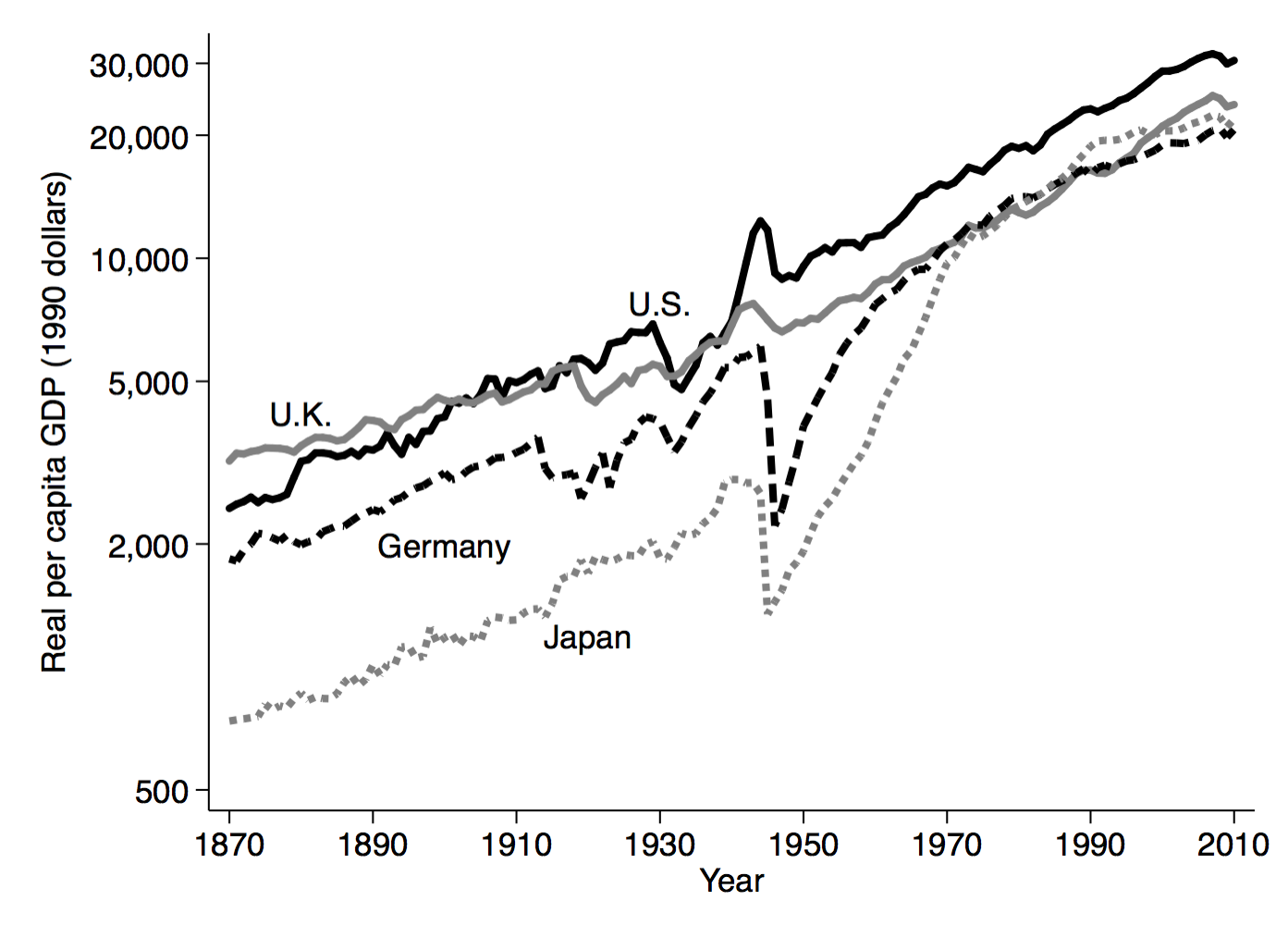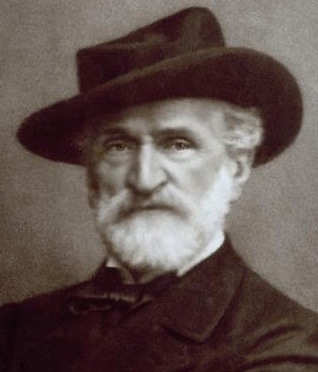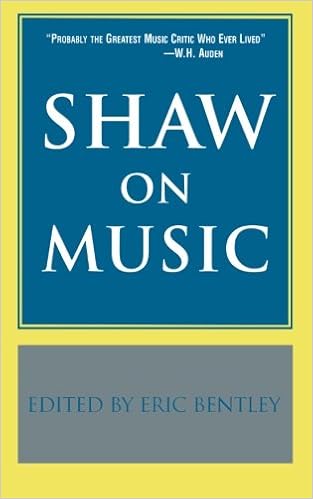David K Lewis
David K Lewis was one of the better metaphysicians of the post-war environment, one of the few footnotes to Wittgenstein & Hume really worth reading. I don't agree with him about everything (for instance, he's a Bayesian), but I think he was onto the right track on a lot. He introduced the general idea of a "cooperative game", demonstrating one channel through which costless signalling could remain stable. This lead him distinction between 'Language' - the dead formal, metaphysical thing that is studied in logic classes - and 'languages' - the living, social & biological stuff that music is made of - which is very pretty. Of course, it's all in the Tractatus, but in it Wittgenstein dismissed probability and evolution which put W off course. Lewis had his flaws as well - his papers are full equilibrium analysis functionalist sociology, so he never explores a concept which exists for itself against the bodies it inhabits. People like Brian Skyrms, Josef Haufbauer and Simon Hutteger have worked to examine the theory out of equilibrium and impurely cooperative cases. The results have been robust - complete communication occurs in many models out-of-equilbrium behavior with probability one.
Lewis wrote extensively on ethics as well. His theory of meaning is an ethical theory - according to Lewis, your implicit promise to say sentences which are True is your continuing payment to the languages you inherited. His 1989 paper "Mill And Milquetoast" explores the ethical question of whether we should let other people believe falsehoods. Let's get into it.
John S Mill
Mill believed that the facts that your neighbor should believe things that you are certain are wrong give you no right to force her to change her mind. This is called "tolerance". It is a limited, merely intellectual tolerance but it is a tolerance. Mill's justification of this "tolerance" is pragmatic and utilitarian - at least overtly. I would be open to the proposition that Mill actually believed human beings should be given dignity and therefore rights. In this case the point of Mill is that even a cruel despot should be "tolerant" since "tolerance" has such enormous pragmatic benefits.
Lewis agrees with the conclusion, but not the reasoning. Partly this is because Lewis is not a utilitarian (even though he claims to not mind utilitarianism, his parenthetical aside on page 6 reveals his true, anti-utilitarian opinions). Even though I'm not a utilitarian either, I'm going to defend Mill.
Let's choose a particular one to be concrete. Given a particular economic system - such as the United States today - what is the optimal tax on a commodity? Should we force the Diamond-Mirrlees level on society or put it to a vote? If we vote, should every level of taxation be allowed?
Mill proposes the later to both questions. This is "tolerance". Lewis attributes to Mill a few ground rules for defending "tolerance":
A. The justification must be pragmatic and utilitarian. This one is obvious.
B. We must take the other person's opinions seriously. We cannot argue that because the population is large each vote is harmless nor may we argue that because nobody takes an argument seriously it can be dismissed. Further, we cannot argue that a person should act differently on the flimsy ground that she is wrong - their subjective beliefs are not valued because they could be other beliefs.
Lewis summarizes Mill's major arguments for "tolerance" as follows:
1. A tolerant population is less error prone. It is well known that independent guesses at a number converge on the actual answer rapidly. A population that doesn't use social or physical pressure against extreme guesses - too low or too high - may actually converge faster than one that attacks extreme guesses because opinions are more independent.
2. The intolerant suffer from a 'fallacy fallacy'. Let's say the neighbor has exactly the right guess at the optimal tax rate - but defends it with a word salad political theory arising from the job system of Final Fantasy Tactics. If we oppress the latter nonsense, then we lose the former truth.
3. A tolerant population will tend to believe the right answer for the right reasons. If we always impose the Diamond-Mirrlees level, we can miss things. Let's say everyone pays the same rate of income tax - in particular, skilled and unskilled labor can't be distinguished by the tax system. It's well known that smart governments (even cruel ones) have universities. Why? Overpaying skilled labor in public production makes production more efficient. It's possible for society to get this right only if we allow opinions.
4. An intolerant population can lose track of purpose. We want the optimal tax on a commodity. But if we mechanically apply the Diamond-Mirrlees level it can become a sort of goal in itself. It becomes a taboo to use another level, even if Diamond & Mirrlees assumptions flagrantly don't apply. Some have argued that the 2% inflation rate has become this.
Lewis attributes to Mill, but discounts, two more reasons for "tolerance":
5. We may have a preference for diversity. Mill and Lewis has in mind a question - like the optimal tax rate - that we don't particular want diversity on for it's own sake. Time has shown that people like diversity a whole heck of a lot. The real problem is that if we introduce enough of this we trivialize "tolerance". Mill wants us to take opinions seriously, not giggle at how fun it is to disagree.
6. Tolerance can make us better as people and thinkers. This can be interpreted in a personal or a Hegelian way. Lewis is dismissive, but again doesn't give very good reasons. The real reason is that this option still doesn't give us a reason to take the other opinion seriously and not just as target practice.
Lewis also gives another reason that "tolerance" may be preferred. It might be that in"tolerance" in general costs so much more than "tolerance" (either individually or on the whole) that a society may prefer "tolerance" in reality even if not in theory.
David K Lewis
Phew! That sure is a long list of alleged benefits to "tolerance"! Mill believes that this list is strong enough to take on all comers, even within the limits he gives himself. Lewis, however, thinks that there is an in"tolerant" person who could knock Mill down.
Joseph de Maistre
Comte de Maistre was a French ultra-royalist and Catholic fundamentalist who sold his wares to easily flattered aristocrats. He pawned off on them all kinds of funny stories about how great the old days of monarchy were and wasn't afraid to give it a strong boost via telling bald faced lies to do it. Since he wasn't hemmed in by any need to tell the truth, his writing has a great deal of energy - centuries of warfare between petty princedoms suddenly become a thousand years of peace, the Houses of Borga, Medici and Sforza become infallible Atlases upon which the world can depend. He famously argued that the death penalty and the world's cruelty to innocents were the same and good - they both sent the blood of the innocent back to God. He didn't hold this belief very consistently. Somehow it was always both someone else's blood and someone else's duty to move it around. The princes that patronized him liked this part too.
Imagine Mill speaking in a young prince's left ear and de Maistre speaking in his right ear. The prince is to appoint the inquisitor who roots out heresy and sedition (the same thing to de Maistre). Should the prince appoint a cruel, vindictive inquisitor or a relaxed, "tolerant" one? Ol' de Maistre is telling Alexander I that he should prize order above all else and this means a cruel, vindictive inquisitor. Can Mill knock de Maistre down?
Lewis doesn't think so. Lewis thinks he can give de Maistre a sentence that overcomes any Millian argument:
"You might as well oppose the suppression of heresy on the ground that dungeons cost too much money."
What de Maistre is arguing is that the young prince should have 'lexicographic preferences'. There are various states of the world are like a vector. They might be written \( (Wealth, Knowledge, Order) \) or \( (Sex, Digestion, Energy) \). The entries of the vector are written in order of importance to the prince. In words, between any two states, the prince prefers the one with the highest value in the first different entry. Thus \( (2, 0) \) is preferred to \( (1,99999999999999999) \). No amount of changing the second entry will make the prince prefer the first state.
If the prince has de Maistrean preferences - as Lewis supposes - then there is no amount of arguing the nice points of 1-6 will help. Violent order is in the first entry, it is weighted infinitely more than what Mill can give.
Lewis argues that Mill only has one option - he must violate his principles. Either he can suppress de Maistres or he can refuse to leave the de Maistrean argument alone. He can argue that Millian order is actually better than de Maistrean order. This violates rule B.
John S Mill
But Mill has a counterattack. Lewis thinks he can beat Mill with lexicographic preferences, preferences that don't make a smooth utility function. But Mill also has lexicographic preferences! Lewis said somewhere that he was attempting to make unsystematic contributions to philosophy on the theory that there were enough systemic theories already. But Mill did not say this. Mill had/wanted to have a system. Mill can use all his arguments against de Maistre.
Lewis is right as far as he goes. You can't fight gains with infinitesimal changes. Lexicographic de Maistrean preferences would beat Mill's arguments *if* all Mill can only affect the later entries.
Did Mill make this mistake because he thought preferences always led to a standard real valued function? That doesn't sound like our JS Mill. JS Mill wasn't Jevons. Mill doesn't use explicitly represented, mathematically defined utility functions. On the contrary, in Utilitarianism Mill says
"Whoever supposes that this preference takes place at a sacrifice of happiness- that the superior being, in anything like equal circumstances, is not happier than the inferior - confounds the two very different ideas, of happiness, and content. It is indisputable that the being whose capacities of enjoyment are low, has the greatest chance of having them fully satisfied; and a highly endowed being will always feel that any happiness which he can look for, as the world is constituted, is imperfect. But he can learn to bear its imperfections, if they are at all bearable; and they will not make him envy the being who is indeed unconscious of the imperfections, but only because he feels not at all the good which those imperfections qualify. It is better to be a human being dissatisfied than a pig satisfied; better to be Socrates dissatisfied than a fool satisfied. And if the fool, or the pig, are a different opinion, it is because they only know their own side of the question. The other party to the comparison knows both sides."
In short, Mill can have lexicographic preferences too! He can try make lofty preferences infinite in weight compared to base preferences.
Let's look at what Mill is doing and why. Mill's boons are all to the same thing - discovery of the truth. This gives a hint on how Mill can try to beat de Maistre. Whatever de Maistre says about order and hierarchy, Mill can say this "Is it true we have order and hierarchy? The only way to tell this is if we have 'tolerance'.". Mill can do this to whatever the prince has first in his lexicographic preferences, Mill can always convert "'s' is desirable" into '''"'s' is true" is desirable'''. Mill can always try to put truth and therefore his arguments at the top of the preference vector.
Girolamo Savonarola
Again, more concretely. Mill can try to prevent the prince from appointing a Savonarola on the grounds that a Savonarola by overprosectuing punishes the faithful as well as the faithless and thereby erases the distinction between faith and faithlessness. Mill can say that discovering the truth of faithfulness requires a certain amount "tolerance". This is a reasonable argument. Mill's argument fits in nicely with Lewis's pragmatic reason for the concept of Truth to be instantiated - individuals in a society desire to have meaningful signs.
In short, Mill may have been many things, but he was not a milquetoast.

























